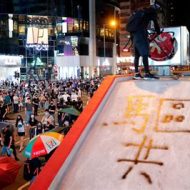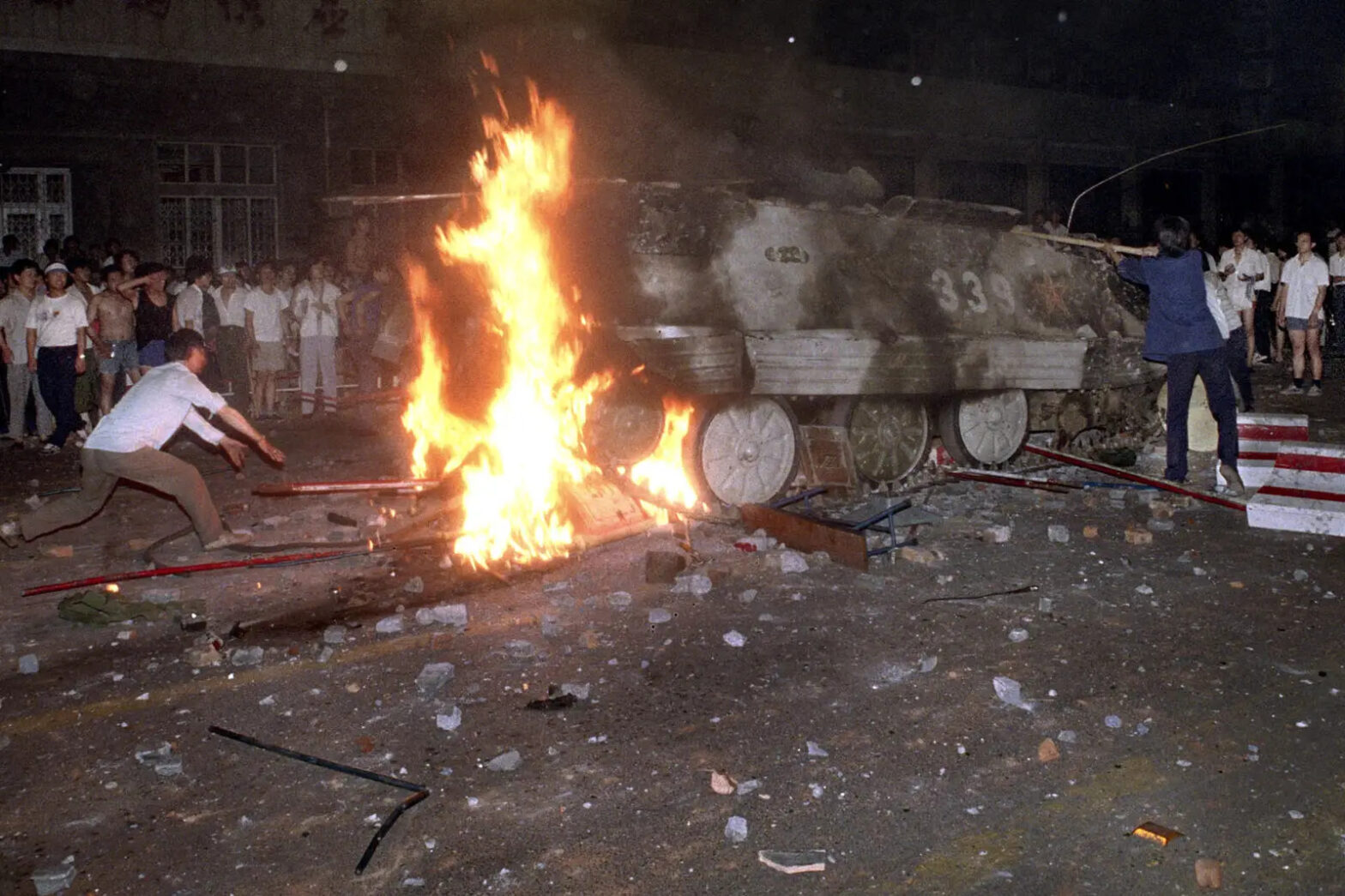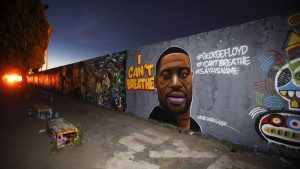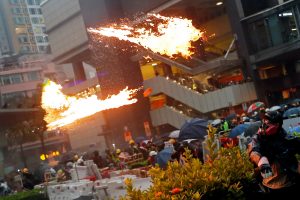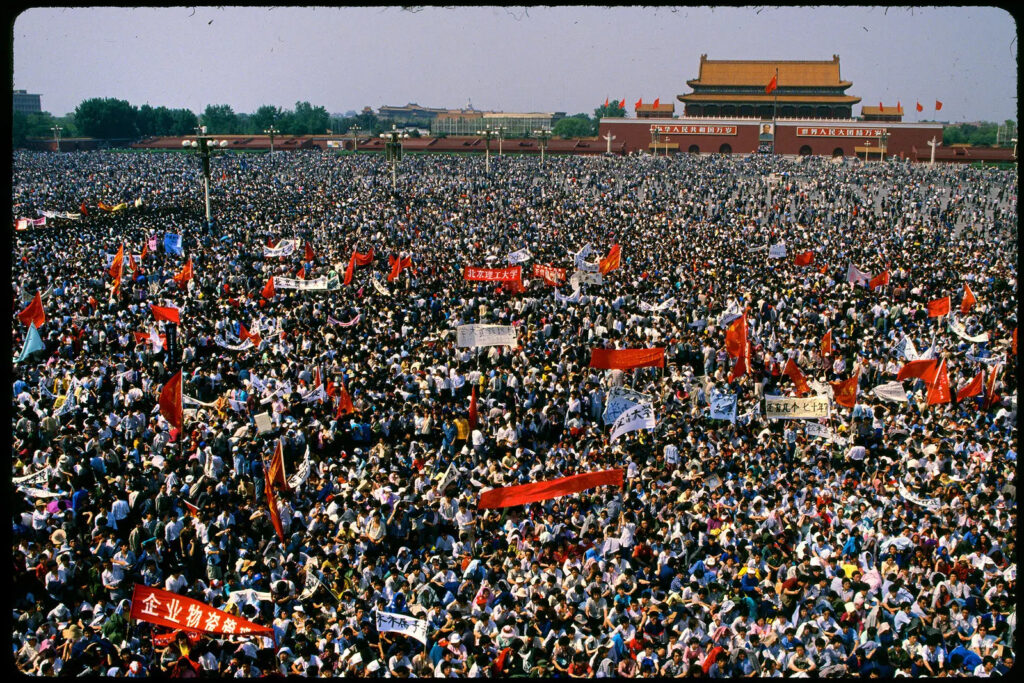
In the early morning of the 4th of June 1989, up to 300,000 PLA soldiers poured into the streets of Beijing to quash the popular mobilization of students and workers in demand of political reform. Hundreds, if not thousands citizens of Beijing, students and workers from all across China were martyred as soldiers armed with live ammunition fought their way into Tiananmen Square, where students had been occupying since April that year.
The ’89 democracy movement was a popular response to the lack of freedom of expression and association, the rampant corruption among CCP cadres, as well as the emerging ills of capitalist reforms under the leadership of Deng Xiaoping. The sudden death of Hu Yaobang on the 15th of April 1989 – the popular reformer who got pushed out from the party’s core by Deng, was the catalyst. Spontaneous commemorations of Hu quickly escalated into political demonstrations and occupation of public space. Students and young workers in Beijing and other cities across China were rapidly organizing themselves into a massive movement.
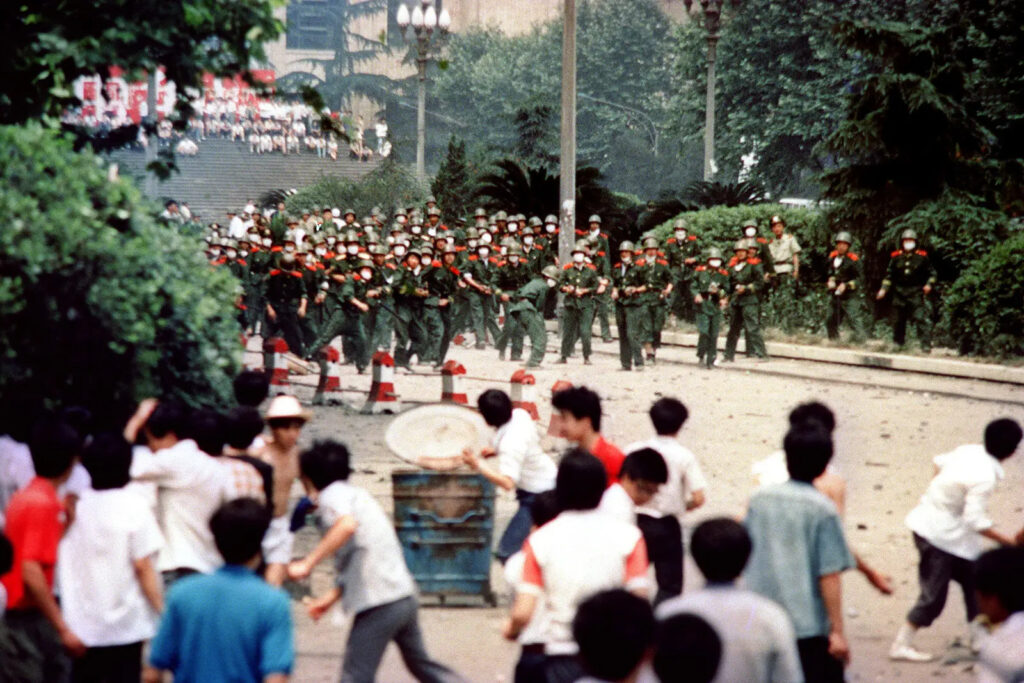
The protestors sought dialog with the CCP leadership and simply demanded them to uphold the ideals and values that were promised at the establishment of the People’s Republic. Yet the party’s leadership accused them as a terrorist and anti-revolutionary crowd influenced by foreign powers. That night and morning, the people of Beijing did not yield to the authority and brutality of the “people’s army”, they instead valiantly resisted with barricades, fire and their own body – these were students, factory workers, doctors and nurses, teachers, mothers and fathers, grandmas and grandpas, quite literally the people. Many vehicles of the crackdown forces were stalled and burned; some soldiers were even persuaded to surrender and disarm. Although gallant, the people’s resistance of ’89 was utterly crushed and the democracy movement silenced.
33 years since then, China’s economy has been through a three decade long meteoric rise; the PLA has become a formidable force that is only rivaled by the US military; and the Chinese state’s colonial ambitions in Xinjiang and Tibet are all but secure. The CCP’s grip on power seems to be absolute. But they would be mistaken to think their authoritarian rule could continue until the end of time unchallenged. As long as there is oppression, there will be resistance. The citizens of Shanghai’s vocal opposition to the government’s absurd handling of Covid pandemic is the latest testimony to the truthfulness of this statement.
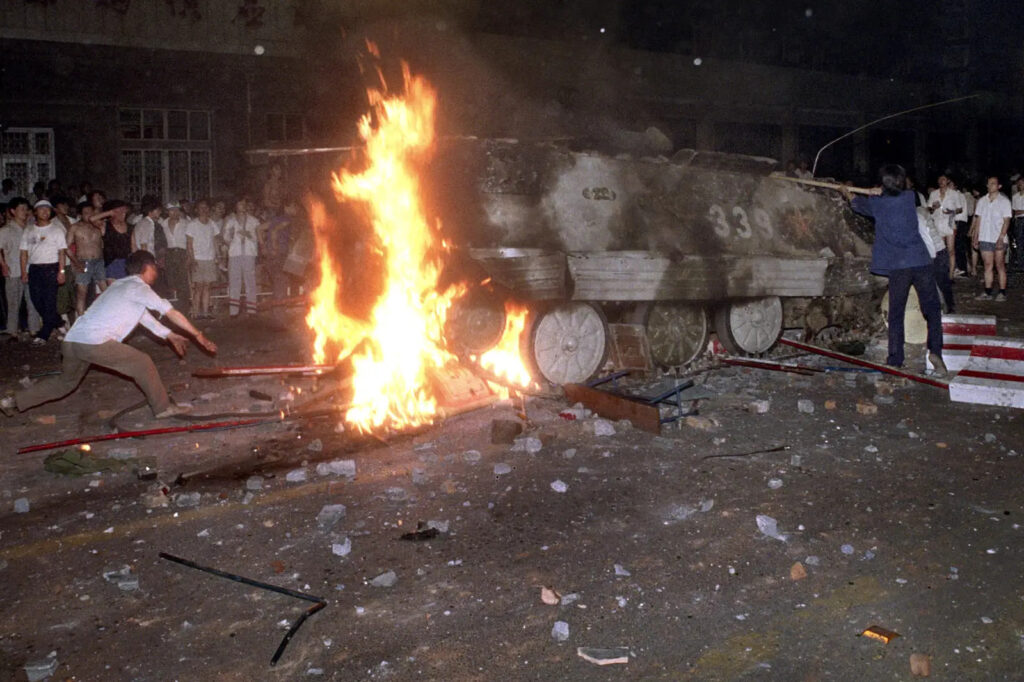
Let this be a warning to the ruling elites; the martyrs of ’89 have not been forgotten and will not be forgotten. Every year, many still pay tribute to the martyrs as well as pass on their stories to the next generation. Their spirit of resistance lives on in the many protest movements in Hong Kong, Taiwan and even within the borders of the People’s Republic. Just like how ordinary citizens in Beijing in ’89 would dare to face the full force of the state machine out of a spontaneous sense of justice, mutual aid and their care for fellow citizens, resistance does not stem from hierarchy nor command but from the conscience of each individual. All it takes is a little spark to initiate a wild fire that could burn down the dictator’s state.
The martyrs will be forever remembered; the struggle for democracy and freedom shall not falter. One day, the names of the June Fourth martyrs will be read and honored in Tiananmen Square.
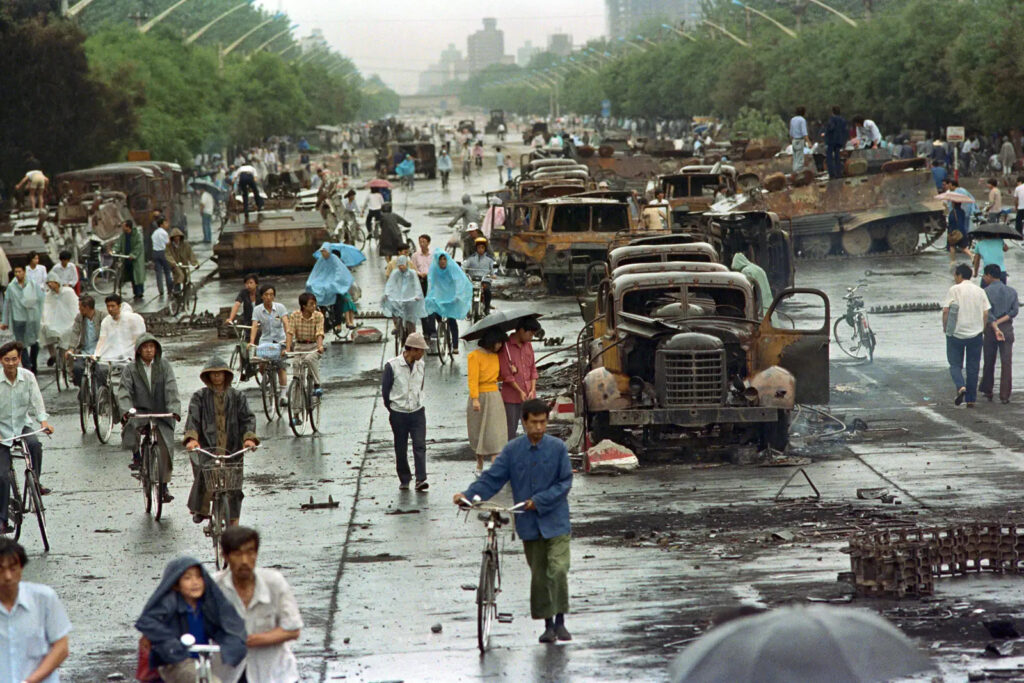
4th June 2022
